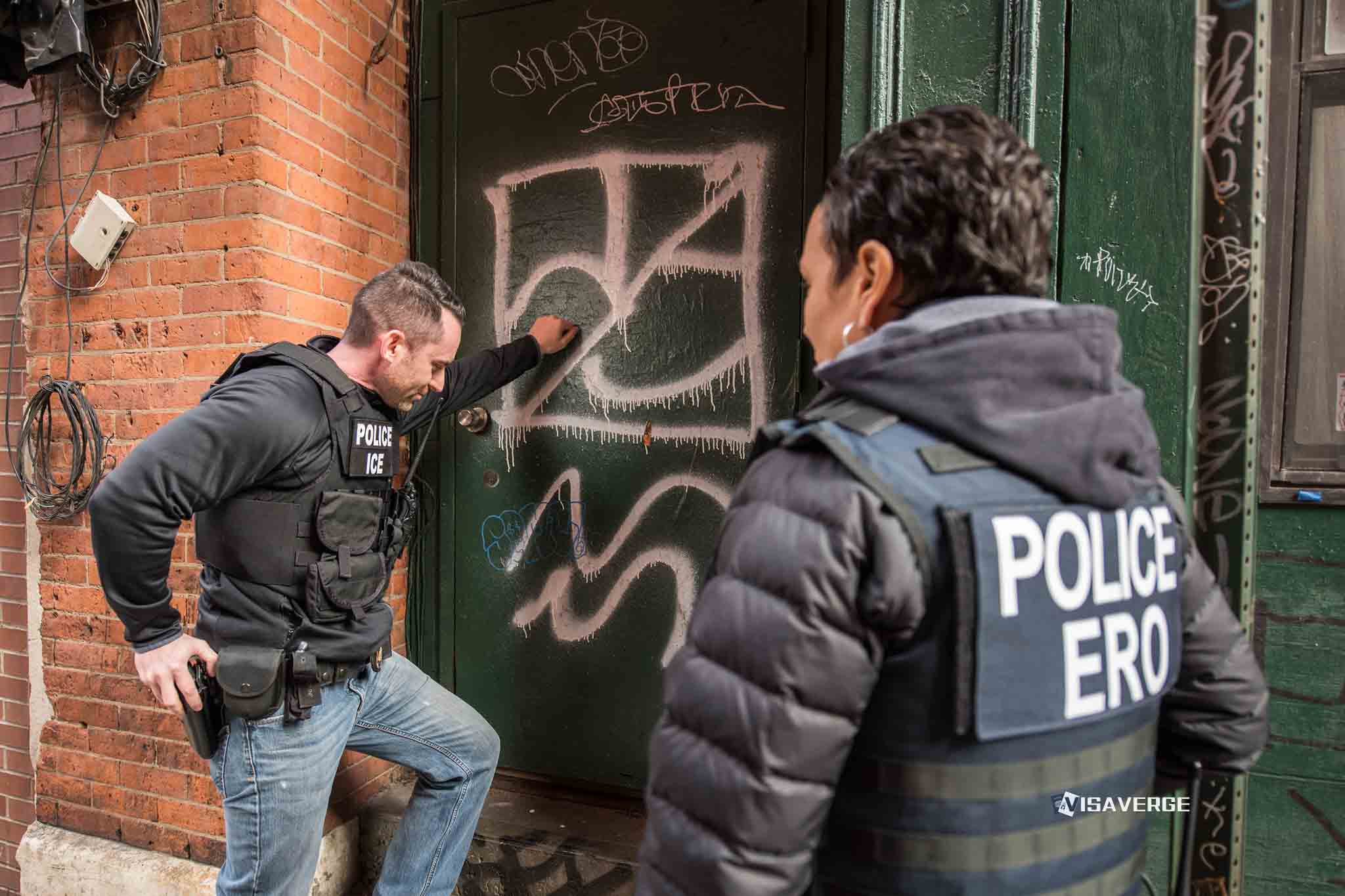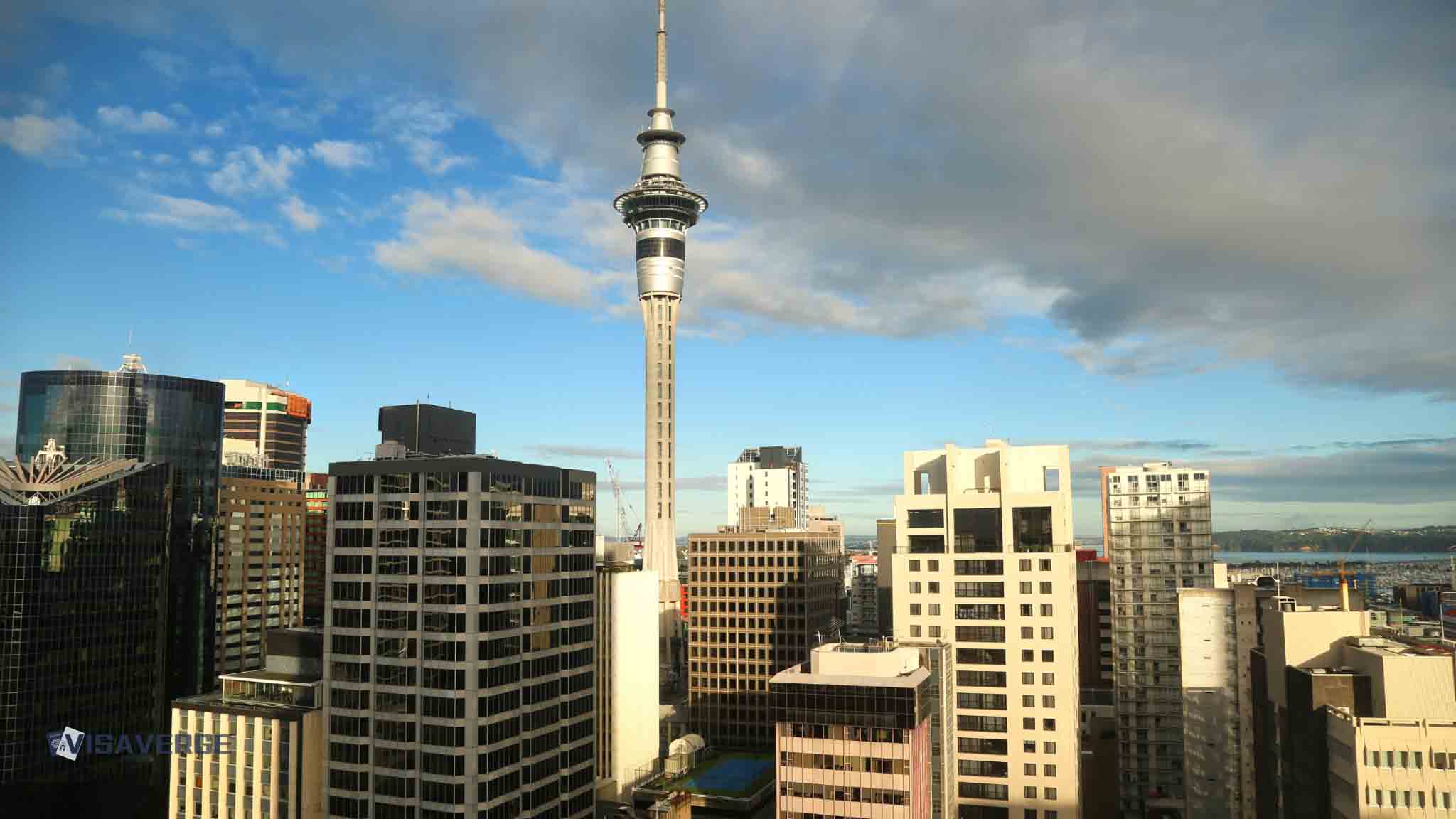There is no widely reported or officially documented case of a person stopped by Border Patrol who later said they felt guilty about voting for Trump and then joined a lawsuit. Still, the story mirrors a real trend in 2025: a sharp rise in litigation against President Trump’s immigration moves and growing public unease over the shutdown of asylum access at the southern border.
Since January 20, 2025, the administration has suspended asylum processing at ports of entry and canceled CBP One appointments, leaving about 30,000 people stuck in Mexico, according to court filings and advocacy groups.

Major lawsuits and legal claims
One major challenge, Al Otro Lado v. Trump (filed June 11, 2025, U.S. District Court for the Southern District of California, No. 3:25-cv-01501-RBM-BLM), targets the shutdown directly. The plaintiffs include organizations and 11 individuals who say the policy violates domestic law and the United States’ obligation not to return people to danger.
Another high-profile case, Vasquez Perdomo v. Noem (filed July 2025 by the ACLU and Public Counsel), alleges unconstitutional stops, roundups, and raids by ICE and CBP that rely on racial profiling and lack probable cause. Key procedural developments:
- A federal court granted a temporary restraining order (TRO) on July 11, 2025, halting certain raids.
- The Ninth Circuit kept that TRO in place on August 1, 2025, and barred detentions based on race, language, or type of job while the case continues.
Legal groups coordinating across courts include the Center for Gender and Refugee Studies, the American Immigration Council, Democracy Forward, and the Center for Constitutional Rights.
Local government and community responses
Local leaders across California have backed the litigation, arguing that aggressive enforcement has driven fear into mixed-status neighborhoods and hurt small businesses.
- Santa Ana’s mayor, Valerie Amezcua, warned of economic and social damage as workers skip shifts, parents keep children home, and families avoid clinics.
- City and county officials have joined as intervenors in support of the plaintiffs.
- The Los Angeles City Attorney’s Office serves as lead counsel for that coalition.
These officials say enforcement sweeps and interior operations have real local costs, from lost wages to reduced access to health care.
Lawsuits targeting 2025 enforcement shifts
Advocates say the January policy shift stranded thousands who had waited months in border cities for CBP One appointments. Under President Biden, CBP One had been the main path from 2023 to early 2025, despite complaints about access, glitches, and risks for people forced to wait in dangerous areas.
The Trump administration’s cancellation of pending appointments and closure of asylum processing at ports triggered urgent filings. Plaintiffs argue the move:
- Breaks U.S. asylum law
- Violates international standards
- Encourages dangerous crossings by closing lawful avenues for protection
For people waiting on the Mexican side, effects include uncertainty, longer exposure to crime, and pressure to cross between ports. For people inside the U.S., fear arises from reports of workplace and neighborhood operations.
The TRO in Vasquez Perdomo v. Noem curbed some actions—especially reliance on race or language as a basis for detention—but the relief is temporary and depends on future rulings. The Ninth Circuit’s decision to maintain the TRO signals close judicial scrutiny, but it does not answer the larger legal questions, including whether the administration can keep ports closed to asylum seekers.
Federal agencies—ICE, CBP, and the Department of Homeland Security—defend the measures as tools to manage the border, saying officers need flexibility against cartels and smuggling networks. Plaintiffs counter that closing the lawful door at ports encourages dangerous crossings and violates the right to seek protection from persecution.
According to analysis by VisaVerge.com, the appointment cancellations disrupted travel plans, family reunifications, and legal strategies for thousands who believed they were following the rules.
Community impact, politics, and the viral story
The unverified account of a man stopped by Border Patrol who later regretted voting for Trump and joined a lawsuit reflects the human crosscurrents in this moment. While no news outlet has documented that exact case, legal aid groups report more personal stories from people who once supported tough border rhetoric but now fear indiscriminate stops or deportation of loved ones.
These anecdotes—sometimes shared quietly with lawyers, pastors, and local officials—illustrate how quickly policies at the border can ripple through homes, schools, and workplaces.
Practical consequences described by communities include:
- Fewer commutes and skipped appointments
- Delayed medical visits
- Employer reports of no-shows in agriculture, food service, and logistics
- Teachers noting empty desks after reported sweeps nearby
Advocates warn that people who have legal options hesitate to seek help, fearing that any public step—such as showing up in court—could expose them to detention.
How the lawsuits affect everyday life
The legal stakes are personal and procedural:
- In Al Otro Lado v. Trump, plaintiffs say the closure of asylum at ports unlawfully shuts out people with credible claims.
- In Vasquez Perdomo v. Noem, the ACLU and Public Counsel argue that raids based on race or language violate constitutional protections.
Outcomes will influence:
- What officers can do on the ground
- How ports function
- Whether CBP One will continue to play a formal role
CBP’s public information on the app remains posted here: https://www.cbp.gov/travel/international-visitors/cbp-one.
Practical guidance amid ongoing litigation
For people worried about stops or raids, attorneys stress simple, documentable steps:
- If stopped by Border Patrol or ICE:
- Write down the date, time, and location, plus badge numbers if it is safe to do so.
- Know your rights:
- You have the right to remain silent.
- You can ask for a lawyer.
- Do not sign papers you don’t understand.
- If you believe you were stopped without cause or profiled based on race, language, or job:
- Contact legal groups such as the ACLU, CGRS, or trusted local organizations.
- Asylum filing inside the U.S.:
- You may still file for asylum with USCIS using Form I-589 (Application for Asylum and for Withholding of Removal). The form is available at https://www.uscis.gov/i-589.
- Be mindful of the one-year filing deadline from your last arrival, with limited exceptions.
- To support or seek inclusion in ongoing cases:
- Reach out to lead counsel or advocacy groups. CGRS lists a contact for communications and case coordination: Brianna Krong, [email protected].
- Intervenor cities and counties are working with the Los Angeles City Attorney’s Office in the Vasquez Perdomo matter.
- Check the exact scope of the TRO before relying on it:
- Court orders can be narrow and change quickly.
- The Ninth Circuit kept protections in place for now, but future hearings could modify terms.
Looking ahead
Policy watchers expect more filings in the coming months as courts test the limits of executive power at the border. Key legal questions include:
- Whether the administration can keep ports closed to asylum seekers
- How far agents can go during raids
- What evidence is required for stops
These decisions will shape daily reality for families in mixed-status homes and those waiting in border towns. Attorneys urge people with pending CBP One plans or canceled slots to:
- Document their histories
- Save any proof of appointments, messages, and travel records
What began as a dispute over an app has become a broad legal fight over access to protection and the rules that govern arrests. Whether or not the viral story proves true, the mood it captures is real: a sense that borders and neighborhoods are closer than ever, and that policy choices in Washington can turn into life-changing moments on a street corner, a job site, or a port gate.
This Article in a Nutshell
A 2025 policy halted asylum at ports and canceled CBP One, stranding roughly 30,000 people. Lawsuits—Al Otro Lado and Vasquez Perdomo—argue unlawful shutdowns and profiling. Courts issued a TRO limiting race-based detentions. Communities report economic harm and fear; attorneys advise documenting stops and contacting ACLU, CGRS, or lead counsel promptly.













